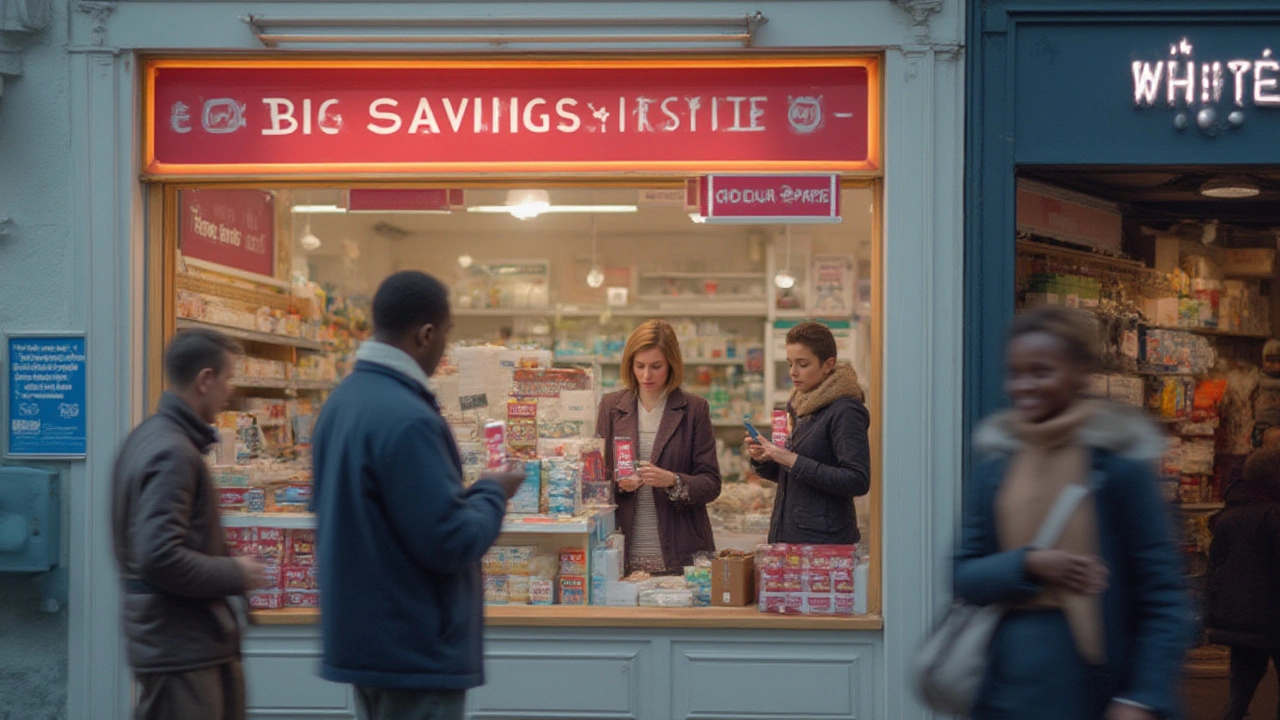Drug Coupons: How to Find, Use, and Trust Prescription Discounts
Prescription costs can blow up your budget fast. Drug coupons and discount cards are simple tools that often cut prices by 20–80% for many brand-name meds. They’re not magic, but used right they can save real money. Here’s how to find them, how to use them, and how to avoid traps.
Where to find legit drug coupons
Start with the drug maker. Many pharmaceutical companies offer downloadable coupons or savings cards on their official sites. Next, check reputable coupon services like GoodRx, SingleCare, or RxSaver — they list prices across pharmacies and provide printable coupons or codes. Big pharmacy chains and some local pharmacies also post discounts on their sites or apps. For expensive drugs, look up manufacturer patient assistance programs; they can give steep discounts or free meds if you qualify.
How to use coupons safely
In person: bring a printed coupon or show the code on your phone at checkout. Ask the pharmacist to compare the coupon price with your insurance copay — sometimes the coupon is cheaper than using insurance. Online: enter the coupon code at checkout or upload the manufacturer coupon when the pharmacy asks. For mail-order services, read the terms — some coupons don’t apply to 90-day supplies or mail shipments.
Keep these quick rules in mind: coupons usually don’t combine with insurance, many cover only brand-name drugs (not generics), and they can have quantity or refill limits. Always check the expiration date and the fine print before relying on a discount.
Scams are real. Red flags include prices that seem impossibly low, pharmacies that don’t require a prescription, requests for unnecessary personal data (like social security numbers) just to get a coupon, or a lack of verifiable contact info. If a site won’t show a physical address or pharmacy license, don’t use it. You can verify U.S. pharmacies via the NABP or state pharmacy board websites.
Want to squeeze more savings? Ask your pharmacist about manufacturer copay cards, compare cash vs coupon vs insurance prices, and check if a 90-day mail-order or generic alternative gives a lower long-term cost. For chronic conditions, switching to a 90-day program with a trusted mail-order pharmacy can cut trips and sometimes lowers price per dose — but confirm coupon rules first.
Bottom line: drug coupons are worth checking every time you fill a prescription. Use trusted sources, read terms, and compare prices. If a deal looks too good to be true, walk away and use a verified pharmacy review — like the guides and reviews on our site — to help you decide.
Browse our drug coupons tag for reviews, buying guides, and safe pharmacy tips to help you save on the meds you need.
